As the first U.S. university to offer a degree in sustainable living (starting in 2006), Maharishi University of Management (MUM) in Fairfield, Iowa, has been on the cutting edge of innovative approaches to battling climate change.
Now, with a B.A. in Regenerative Organic Agriculture (ROA) and an ROA Certificate Program, MUM is again playing a leadership role in how institutions of higher learning prepare the next generation for the challenges facing our world.
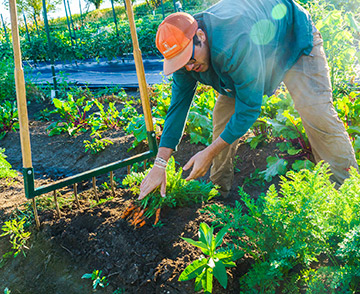
A student working on the 16-acre Regenerative Organic Agriculture Farm Center at Maharishi University of Management, Fairfield, Iowa
This unique educational experience “is a giant step beyond ordinary organic agriculture because it emphasizes rebuilding soil, increasing soil fertility, and returning carbon to the soil in the form of soil organic matter. This is based on promoting biological processes within the farm ecosystem, using nature as a model,” according to ROA program materials.
Professor Sam James, Ph.D., chair of the Sustainable Living Department, explains their approach: “The department is trying to educate and inspire young people in the direction of reducing the overall ecological footprint of the way our societies function. We ask, ‘How should we live?’ and proceed to investigate solutions and train people to implement those solutions.”
Hear what students have to say about MUM’s approach in this short video about “deep sustainability”
MUM is again playing a leadership role in how institutions of higher learning prepare the next generation for the challenges facing our world.
Soil Regeneration and Renewal Helps Reverse Climate Change and Secure Our Ecosystems
One of those evidence-based solutions is Regenerative Organic Agriculture. The goals of ROA extend beyond simply growing food without conventional pesticides and herbicides. This system seeks to balance ecosystems and restore soil to its richest, most biodiverse levels by way of regenerative imperatives:
- Rebuild soil organic matter and restore soil biodiversity
- Utilize permaculture and biodynamic farming practices, including conservation tillage, cover crops, crop rotation, and composting
- Grow nutrient-dense food that enriches rather than depletes the soil
All these methods work with nature to utilize photosynthesis and healthy soil microbiology to draw down greenhouse gases. As a result, the soil sequesters more carbon, which can help halt and even reverse climate change.
Such regenerative approaches also address the dangers of soil erosion for both the environment and food security. Conventional agriculture can cause erosion, reducing the ability of soil to store water and support plant growth and biodiversity. Erosion thus affects critical aspects of sustainability, including loss of water, nutrients, soil organic matter, and biota, and harms forests, rangeland, and natural ecosystems.
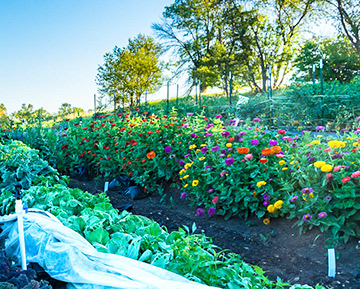
The ROA Farm Center is both USDA Organic and Biodynamic Certified and offers vegetables to Fairfield residents through a CSA (Community Supported Agriculture)
“We implement regenerative organic agriculture, which produces safe, nutritious food. Security comes from being able to produce food today without compromising food production in the future,” Dr. James adds.
Students gain hands-on experience putting these principles to work by growing nutrient-dense food at MUM’s 16-acre Regenerative Organic Farm Center, which is now both USDA Certified Organic and Certified Biodynamic. Biodynamic certification is a higher standard than organic that emphasizes regenerative practices.
Students also learn farm-to-market skills through the program’s CSA (Community Supported Agriculture), which offers produce to local Fairfield residents.
While earning their Permaculture Design Certificate and their B.A., students immerse themselves in ecosystem thinking and whole-systems design. In addition, they have the opportunity to study writing, journalism, environmental advocacy, and sustainable community development, among other vital subjects.
“Through collaboration within our communities, we locally model and demonstrate our unique contribution to developing global sustainability. We graduate leaders who apply holistic, solutions-oriented approaches for systemic impact in community development that is sustainable,” according to the program materials.
“We implement regenerative organic agriculture, which produces safe, nutritious food. Security comes from being able to produce food today without compromising food production in the future.” —Dr. Sam James, MUM Chair of the Sustainable Living Department
“Deep Sustainability” and Self-Discovery
The department emphasizes inner as well as outer sustainability. “Sustainability begins within ourselves,” according to the MUM website.
All students and faculty in the department—as well as the whole university—practice the Transcendental Meditation® (TM®) technique, an evidence-based technique that reduces stress, enhances brain functioning, and increases creativity. Students talk about their TM practice and “deep sustainability” in this short video
As Dr. James explains, “Our unique contribution is in stating that development of consciousness is the key ingredient everyone else is missing. Broad awareness and living in harmony with the laws of nature have to come from within.”
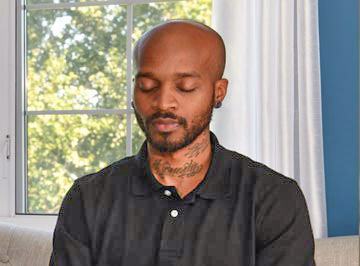
Students in the Sustainable Living Department develop inner and outer sustainability through their TM practice
The Sustainable Living Department views the development of consciousness as fundamental to understanding the interconnectedness of “deep sustainability.”
Conventional sustainability aims to meet the needs of the present generation without diminishing the ability of future generations to do the same, by increasing efficiency and replacing non-sustainable materials and energy with more sustainable alternatives.
“Deep sustainability” looks beyond efficiency to reexamine current assumptions and systems. Such an approach to the transportation crisis, for example, would focus on creating a high quality of life so that people are able to meet their needs close to home, thus greatly reducing their need for automobile travel.
“Sustainability is about creating a thriving world in which we lead rich, productive, and fulfilling lives—without depleting the environment or ourselves,” as the website states.
“One resource that appears to be infinitely renewable is the most peaceful level of thought, our own inner consciousness. By functioning from this level, we can live sustainably on all levels of our lives and bring maximum creativity to address the sustainability challenges that we all face. To fully meet our responsibility to current and future generations, we must connect with our own inner nature and take action,” says the site.
“One resource that appears to be infinitely renewable is the most peaceful level of thought, our own inner consciousness. By functioning from this level, we can live sustainably on all levels of our lives and bring maximum creativity to address the sustainability challenges that we all face.”
Seeking a New Leader in AgroEcology at MUM
In the field of agriculture education, the innovative program in Regenerative Organic Agriculture promises to become a significant MUM contribution to agricultural production, food processing, and agribusiness. With ROA’s rapid growth and evolution over the last two years, it recently established a named professorship, the Pratima Doshi Chair of AgroEcology, for the purpose of directing and expanding the program.
MUM welcomes applicants with the highest level of academic training in the subject of Regenerative Organic Agriculture, who are recognized for their teaching and research in this area.
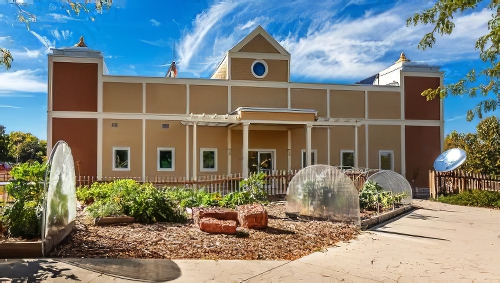
MUM’s Schwartz-Guich Sustainable Living Center was called “the ultimate green building” by the Associated Press because its solar, wind, geothermal, and carbon-neutral systems produce more energy than it consumes.
“We seek a professor who is enthusiastic about changing the way the world grows its food and can plunge into the practical and theoretical aspects of regenerating soil life, restoring and sequestering carbon in the soil, and integrating farms of all types into the communities they serve,” says Dr. James. The AgroEcology Chair will help advance the ROA program by:
- Expanding sciences in the program and creating Bachelor of Science and Master of Science Degrees in regenerative organic agriculture;
- Increasing outreach to relevant high schools, two-year colleges, four-year colleges, and state and federal agencies to expand program awareness and interest in regenerative agricultural practices;
- Building and nurturing partnerships and collaborations with relevant organizations.
As the mission statement for the Sustainable Living Department states, “Our vision is to create a world based on integrity, collaboration, understanding, inclusivity, global harmony, and high aspirations for having a positive impact upon individual, national, and global well-being.”
Learn more about MUM’s Sustainable Living Department ►
Watch students reflect on “deep sustainability” and their TM practice in this short video
“Our vision is to create a world based on integrity, collaboration, understanding, inclusivity, global harmony, and high aspirations for having a positive impact upon individual, national, and global well-being.”

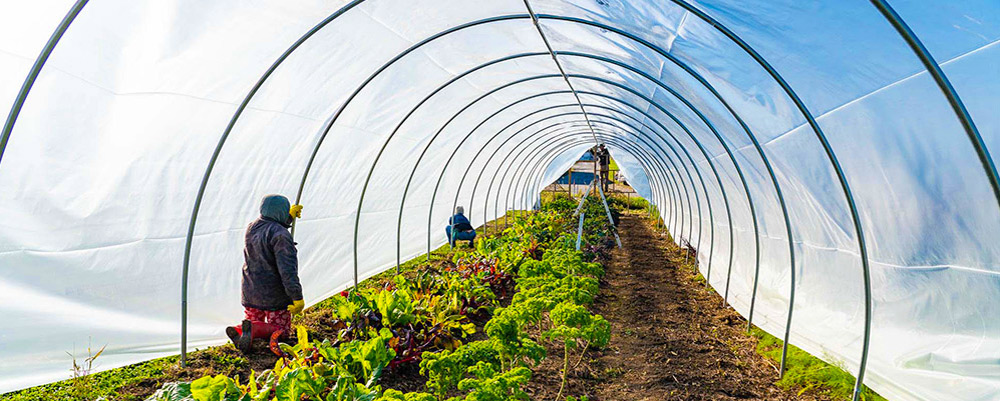
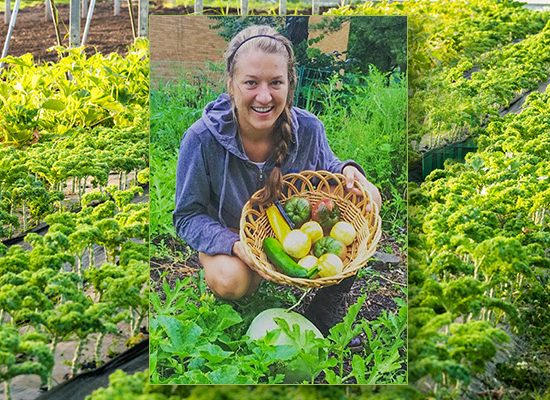
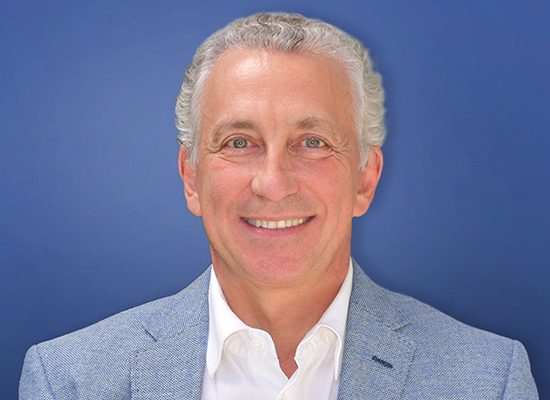
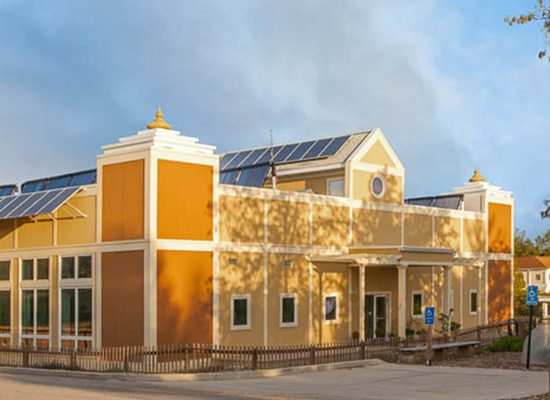

In 1998 I finalized my PhD thesis on ‘Farming Systems Research and Spirituality. An analysis of the foundations of professionalism in developing sustainable farming systems’. It is based on 20 years working experience with smallholders in Africa and Maharishi’s theory of consciousness. It focuses on outer and inner sustainability.
Van Eijk, T. (1998). Farming Systems Research and Spirituality. An analysis of the foundations of professionalism in developing sustainable farming systems. PhD thesis, Wageningen Agricultural University, The Netherlands. http://edepot.wur.nl/121226
Dr. Toon van Eijk (1952), practicing TM since 1972.
http://www.toon-van-eijk.nl
Thank you so much for sharing your work, Dr. van Eijk! What an amazing study of inner and outer sustainability. I will pass this along to Dr. James and the Sustainable Living Dept. at MUM and encourage you to contact him as well (sjames@mum.edu). Thanks again, and all best wishes in your work!